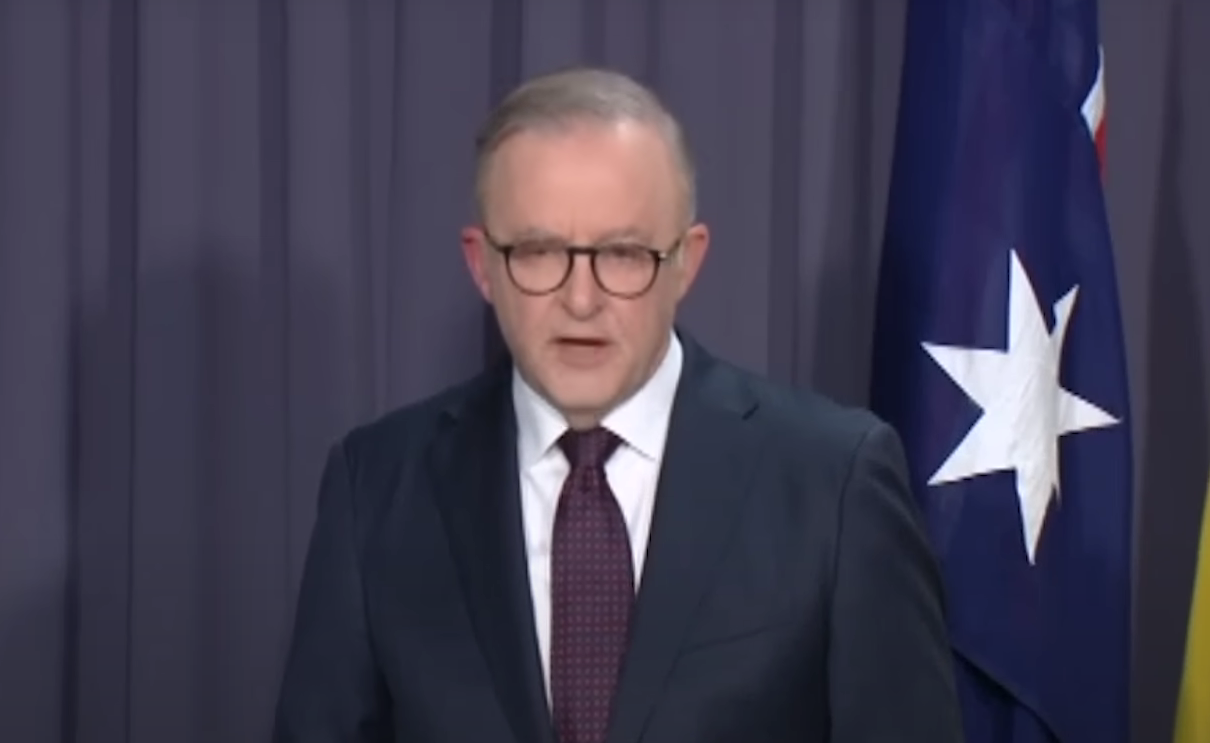
Australia Rejects Indigenous Recognition in Referendum: A Divisive Outcome
In a landmark decision, Australia has resoundingly rejected a proposal for constitutional changes to recognize Indigenous citizens and establish an advisory body to the government. The referendum, known as “The Voice,” became a contentious national issue, sparking a heated campaign marked by deep divisions.
All six states in Australia voted against the proposal, with almost 70% of the vote counted. The “No” vote secured a significant lead over the “Yes” vote, with 60% opposing the constitutional changes and 40% in favor.
The referendum, the first in over 25 years, held the promise of embedding Indigenous peoples within the constitution, potentially uniting Australia and ushering in a new era of reconciliation. Supporters argued that recognizing Indigenous citizens would address entrenched inequality, given that they are among the most disadvantaged groups in the country.
However, opponents, who secured a resounding victory, contended that the proposal was divisive and could create distinct classes of citizens, further complicating government decision-making. They were accused of conducting a campaign riddled with misinformation about the potential consequences of the plan.
Addressing the nation, Prime Minister Anthony Albanese expressed respect for the democratic process and the outcome, emphasizing that this moment of disagreement should not define the nation. He affirmed the government’s commitment to addressing the disadvantages faced by Aboriginal and Torres Strait Islander people.
In contrast, opposition leader Peter Dutton welcomed the result, stating that Australia did not need such a divisive referendum.
The Voice to Parliament, as proposed in the Uluru Statement from the Heart, sought to provide a roadmap for reconciliation, bridging the gap between Indigenous communities and wider Australia. Australia’s Indigenous citizens, constituting 3.8% of the country’s population, have inhabited the land for over 60,000 years but are not recognized in the constitution.
The outcome has left advocates in the Yes camp deeply disappointed, with some expressing frustration over the divisive campaign marked by dishonesty and misinformation. As the nation grapples with the result, many call for a period of national unity and reflection. However, there are concerns that the rejection of Indigenous recognition in the constitution may be perceived as yet another setback for Australia’s first inhabitants.
Dean Parkin, the director of the Yes23 campaign group, sought to reassure those who voted against the proposal, emphasizing that the Indigenous community’s aim was not to take away from other Australians but to strengthen and enrich the country’s collective culture.
The rejection of the referendum marks the 45th time Australia has attempted to amend its founding document, with only eight proposals successfully ratified. It was also the second attempt to address Indigenous recognition through a national vote, with the previous effort dating back to 1999.